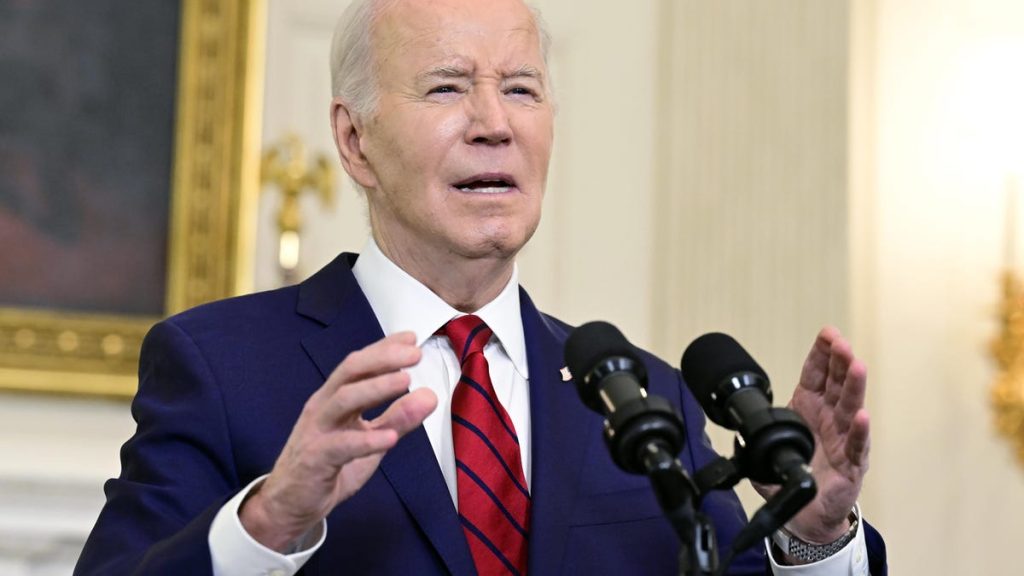President Joe Biden signed into law legislation that could potentially lead to a ban of TikTok, a popular social media platform owned by ByteDance, a Chinese company. The bill passed by the US Senate gives ByteDance up to a year to sell TikTok to a buyer approved by US officials or face potential removal from US app stores. Lawmakers have long raised concerns about TikTok being a national security threat and a potential tool for Chinese government surveillance or disinformation, allegations that TikTok denies.
TikTok’s CEO, Shou Chew, expressed disappointment in the law and vowed to fight it in court, stating that the company is confident they will prevail. The legislation originally proposed a six-month timeline for TikTok to be sold off, but it was later extended to nine months with the possibility of an additional three-month extension. The bill aims to ensure that ByteDance no longer has access to US user data or control over the TikTok algorithm determining what content users see.
President Biden had pledged to sign the bill if it passed through Congress, while former President Donald Trump, who originally called for a ban during his presidency, has since changed his stance, stating that banning TikTok would negatively impact its young user base. Free speech and digital rights groups, as well as some security experts, have opposed the bill, arguing that it does not address broader issues with social media and suggesting the need for comprehensive digital privacy laws to protect user information.
Critics of the bill, including the Electronic Frontier Foundation and Fight for the Future, believe that banning TikTok without addressing the fundamental issue of data privacy does not solve the underlying problem of data collection and sharing by social media companies. They argue that comprehensive legislation is needed to protect Americans from data harvesting and government propaganda. While the bill faces legal challenges and opposition from various groups, the fate of TikTok and potential implications for data privacy remain uncertain as the situation continues to unfold.


